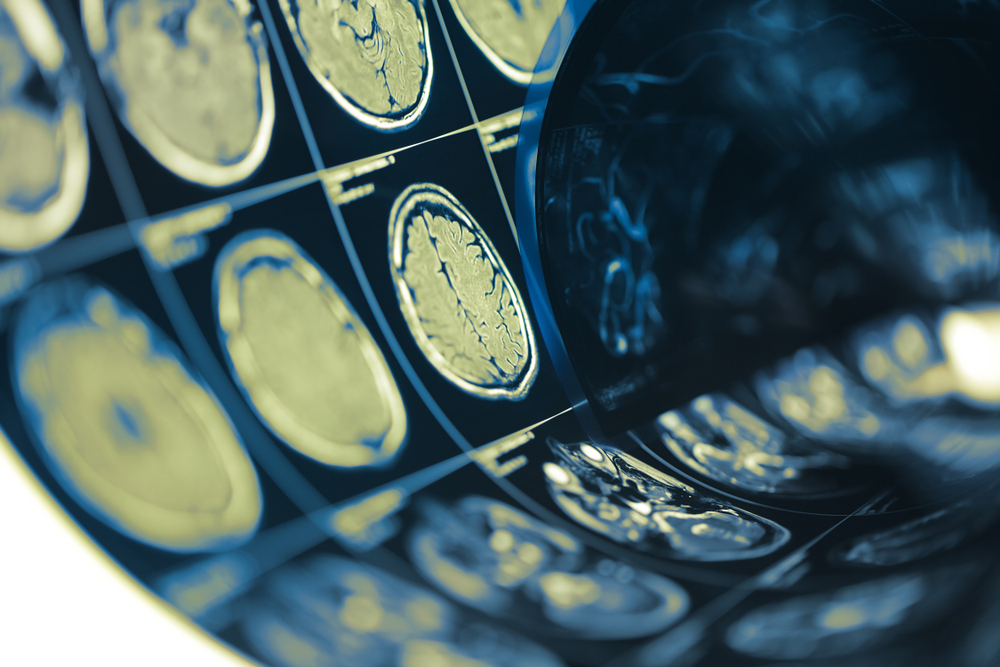Concussions are one of the most common types of mild traumatic brain injuries. While most concussions are relatively minor and will resolve on their own, it’s important to understand the signs and symptoms of a concussion so that you know when to seek professional medical attention.
What is a Concussion?
A concussion is a head injury which has an impact on the brain’s functions. That impact is usually temporary, but it can last for longer periods of time in some cases. The effect varies from one case to the next, which is why it is important to familiarize yourself with the signs and symptoms of a concussion.
What Causes Concussions?
The vast majority of concussions come from sudden impacts to the head. That can happen when people trip and fall, when heavy objects fall on them or when playing sports. Concussions are especially common for young athletes, but they can happen to anyone who experiences a head injury. Some accidents, such as car or bicycle crashes, can cause concussions at the same time as other injuries. The best rule of thumb is to be on the lookout for the signs of a concussion whenever you or a loved one hits their head.
A lot of people believe that concussions only happen to people who pass out from a blow to the head, but that is a myth. Only a small amount of concussions involve the loss of consciousness. Many people get concussions without even realizing it at the time, and only notice the problem as symptoms appear over time.
Warning Signs and Common Symptoms
Most people will only suffer from a few of these symptoms, but that does not mean that the concussion is mild or that it is safe to ignore it. You should always take the appropriate actions if you have any of these symptoms following a head injury:
- Headaches, especially those that last a long time or recur
- Feelings of confusion or forgetfulness
- Nausea and vomiting
- Dizziness
- Slurred speech or difficulty communicating
- Persistent tiredness
- Loss of consciousness
- Ringing in the ears
Who Needs Treatment?
A concussion is a serious injury. It is best to see a doctor within a day or two if you suspect that you might have one to ensure that you only have a concussion, rather than anything more serious. An examine will also give your doctor a chance to make sure that you understand the best way to deal with your symptoms as you recover from the injury.
There are a few cases that are much more urgent than the others. You need to get immediate treatment if you lose consciousness for more than thirty seconds, suffer from repeated vomiting or have any major mental problems after your injury. Those symptoms can be signs of serious brain damage, and it is critical to act quickly when they appear.
Treatment and Recovery
Recovering from a concussion is mostly a matter of rest. Your brain can heal itself, but only if you give it a chance to get better
Both physical and mental rest are important. You should avoid heavy physical activity, especially things that aggravate your symptoms. You should also avoid activities that require a lot of concentration, such as studying. Try to stay away from anything that makes your symptoms feel worse. Your attending doctor can provide specific advice about activities you are considering.
Your doctor can also prescribe medication to help you deal with some of your symptoms, most often pain management for headaches. Some medications can have negative side effects if you suffer from a concussion, so it is important to get proper treatment instructions from a medical professional.

